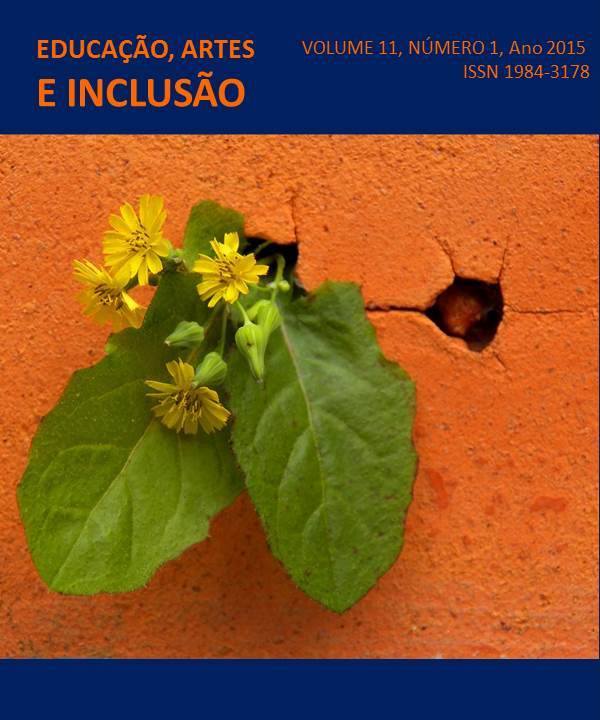O PIBID FRENTE OS CAMINHOS E DESAFIOS DA FORMAÇÃO DOCENTE PARA A EDUCAÇÃO BÁSICA
DOI:
https://doi.org/10.5965/198431781112015108Keywords:
Formação Docente – Prática Pedagógica - Saberes Docentes – Educação Básica - PIBIDAbstract
O artigo é resultado de uma pesquisa sobre a formação docente considerando produções teóricas e políticas de formação, mais especificamente o PIBID – Programa Institucional de Bolsa de Iniciação a Docência. As questões orientadoras são: quais os principais desafios e perspectivas para a docência segundo as produções teóricas em evidência? Como os bolsistas de ID (Iniciação a Docência) percebem as influências do PIBID na sua formação? Quais as possíveis relações entre as premissas teóricas e a efetiva contribuição do PIBID na formação dos licenciandos? Trata de um estudo bibliográfico conjugado com a aplicação de um questionário respondido por dez bolsistas de ID (Iniciação a Docência). A partir de uma abordagem qualitativa, os dados foram discutidos considerando princípios da análise de conteúdo. Conclui-se que, em vários aspectos, há consonância entre as produções sobre a formação docente e os relatos dos Bolsistas de ID como: maior articulação teoria e prática; reconhecimento mais aprofundado do contexto escolar e, em especial, da sala de aula; construção de saberes específicos para a prática docente, com crescente autonomia e protagonismo.Downloads
Downloads
Published
How to Cite
Issue
Section
License
Copyright Statement
The Educação, Artes e Inclusão is a journal that follows the Free Access Policy. The articles published by the journal are free of charge, intended for educational and non-commercial applications. The articles whose authors are identified represent the expression from the point of view of their authors and not the official position of the Educação, Artes e Inclusão Journal or the Educação, Artes e Inclusão Research Group.
Authors who publish in this journal agree to the following terms:
(A) Authors retain the copyright and grant the journal the right of first publication, with the work simultaneously licensed under the Creative Commons Attribution License which allows the sharing of the work with acknowledgment of authorship and initial publication in this magazine.
(B) Authors are authorized to take additional contracts separately, for non-exclusive distribution of the version of the work published in this journal (eg publish in institutional repository or as a book chapter), with acknowledgment of authorship and initial publication in this magazine.
(C) This journal provides public access to all of its content, as this allows for greater visibility and scope of published articles and reviews. For more information on this approach, visit the Public Knowledge Project.
This journal is licensed under a Creative Commons Attribution-NonCommercial-ShareAlike 4.0 International License. This license allows others to remix, adapt and create from your work for non-commercial purposes, and although new work must give you due credit and cannot be used for business purposes, users do not have to license such derivative works under the same terms.



